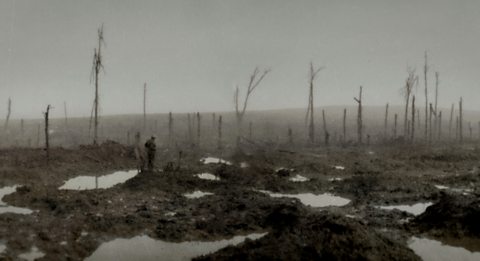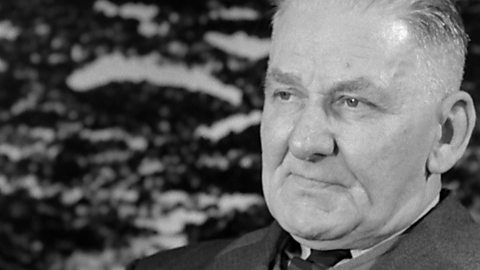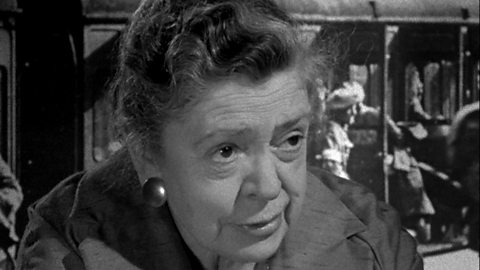Video summary
Behind the lines men could relax and forget about life on the front line. British troops remember the fun of living in an outdoorsy male environment.
Games, singing, and fraternising with the locals provided an opportunity to gain respite from the war.
Meanwhile, even at the Front, religious festivals such as Easter and Christmas occasionally brought a break from the fighting with temporary truces observed by both sides in the conflict, exchanging gifts and even addresses.
This is from the series: I Was There: The Great War Interviews.
Teacher viewing recommended prior to use in class.
Teacher Notes
Key Stage 4:
Students could focus specifically on the 1914 Christmas truce, and discuss what it suggested about the soldiersβ attitudes towards the war, and also why senior officers were reluctant to allow it occur again.
This clip will be relevant for teaching History at KS3, KS4/GCSE, in England and Wales and Northern Ireland.
Also at Third Level, Fourth Level, National 4 and National 5 in Scotland.
This topic appears in OCR, Edexcel, AQA, WJEC, CCEA GCSE and SQA.
How did shell shock affect soldiers? video
Soldiers from both sides describe their experience of shell fire and the physical and psychological effects it had on them and their colleagues.

The Christmas truce, 1914. video
Henry describes his reaction to being called up and his experiences in the trenches.

The Gallipoli campaign. video
Frank talks about fighting in the disastrous Gallipoli campaign in 1915.

War in the air. video
Pilots identify the different experiences of men in the air, recalling the realities of combat and the tactics used to down an enemy aircraft.

John Willis Palmer interview. video
John found it difficult to cope with the violence and apparent pointlessness of the war.

Life as a munitionette. video
Mabel was one of many women who put their lives at risk working in munitions factories.
